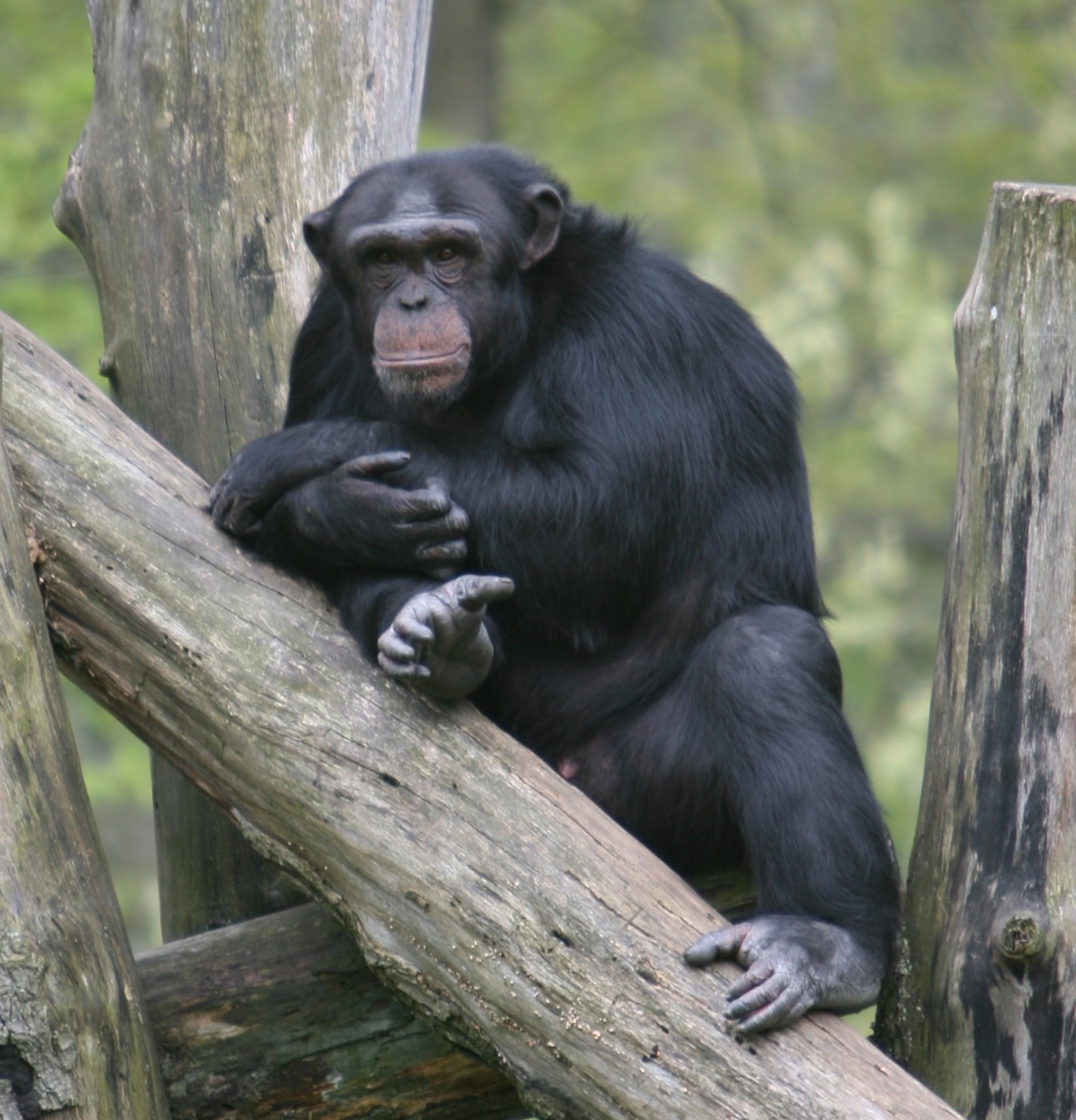Great apes deliberately spin to get dizzy, according to Warwick researchers
According to a new study by researchers at the Universities of Warwick and Birmingham, multiple species of great apes spin around deliberately to get dizzy. This behaviour may provide clues as to why humans have evolved the desire to seek altered mental states and actively manipulate their moods and perception of reality, with the suggestion that it may come from our ancestors.
The research team watched videos of gorillas, chimpanzees, orangutans and bonobos spinning themselves around deliberately for the study, which was published in the magazine Primates. The team aimed to understand whether spinning was a primordial behaviour which would have enabled our ancestors to access other states of consciousness – if great apes seek dizziness, it is likely that our ancestors would have too.
Dr Adriano Lameira, Associate Professor of Psychology at the University of Warwick and co-lead of the study, said: “Every culture has found a way of evading reality through dedicated and special rituals, practices, or ceremonies. This human trait of seeking altered states is so universal, historically and culturally, that it raises the intriguing possibility that this is something that has been potentially inherited from our evolutionary ancestors.
“If this was indeed the case, it would carry huge consequences on how we think about modern human cognition capacities and emotional needs.”
“Our discovery offers the tantalising prospect that we’ve inherited this drive to seek altered mental states from our evolutionary ancestors” – Dr Marcus Perlman, Research Co-lead
The research team analysed 40 videos and found the primates revolved 5.5 times per episode of spinning on average, with an average speed of 1.5 revolutions per second. They did this on average three time before becoming noticeably dizzy and falling. In many cases, the primates used ropes or vines to assist with spinning, and it was in these videos that they were able to spin the fastest and for the longest amounts of time. Often, the speeds were comparable to professional human dancers and circus artists, as well as Dervish Muslims who take place in whirling ceremonies.
Dr Marcus Perlman, Lecturer at the Department of English Language and Linguistics of the University of Birmingham and co-lead of the research, said: “We experimented ourselves with spinning at these speeds, and found it difficult to sustain for as long the great apes did in several cases. Apes became noticeably dizzy in many of the videos, and they were likely to lose their balance and fall. This would indicate that the primates deliberately keep spinning, despite starting to feel the effects of dizziness, until they are unable to keep their balance any longer.”
“Spinning is a way in which great apes can change their state of mind and, since these apes share with humans the tendency to create such experiences, our discovery offers the tantalising prospect that we’ve inherited this drive to seek altered mental states from our evolutionary ancestors.”
Previous studies that explored dizziness examined factors such as alcohol or drug use, but it is uncertain whether our ancestors would have had these (because they were unable, and/or because they lacked the knowledge to make them). The scientists say that the new study could provide a more relevant explanation about the role of altered states, and that further research on primates’ motivations for seeking dizziness is needed.

Comments